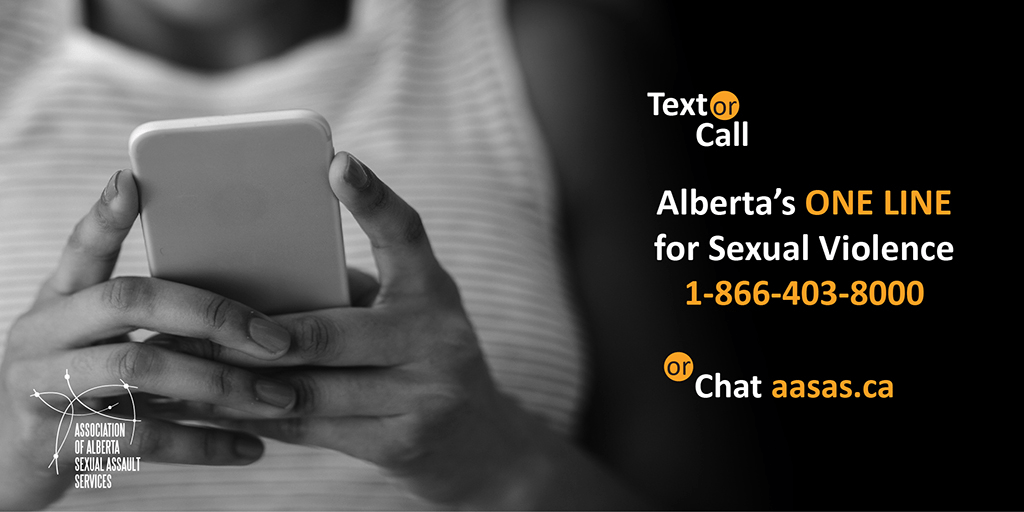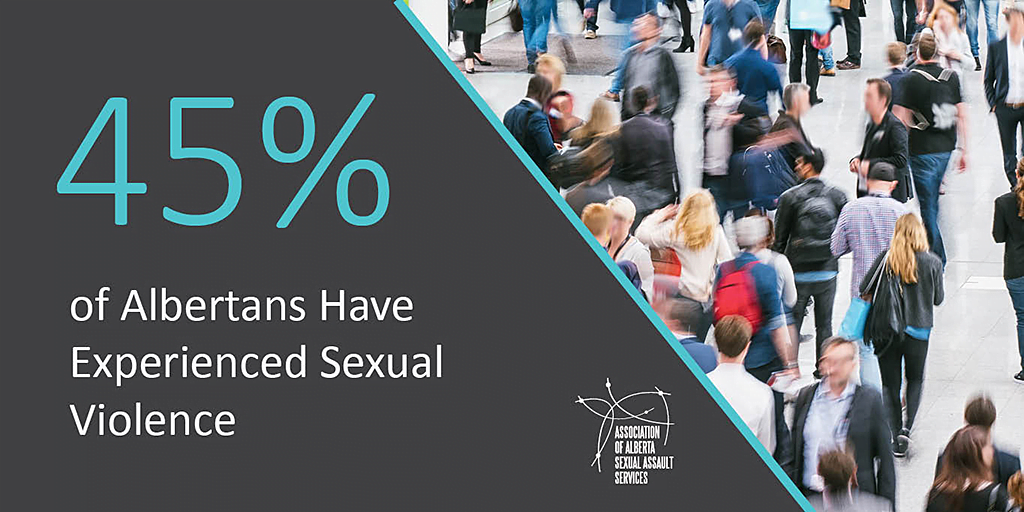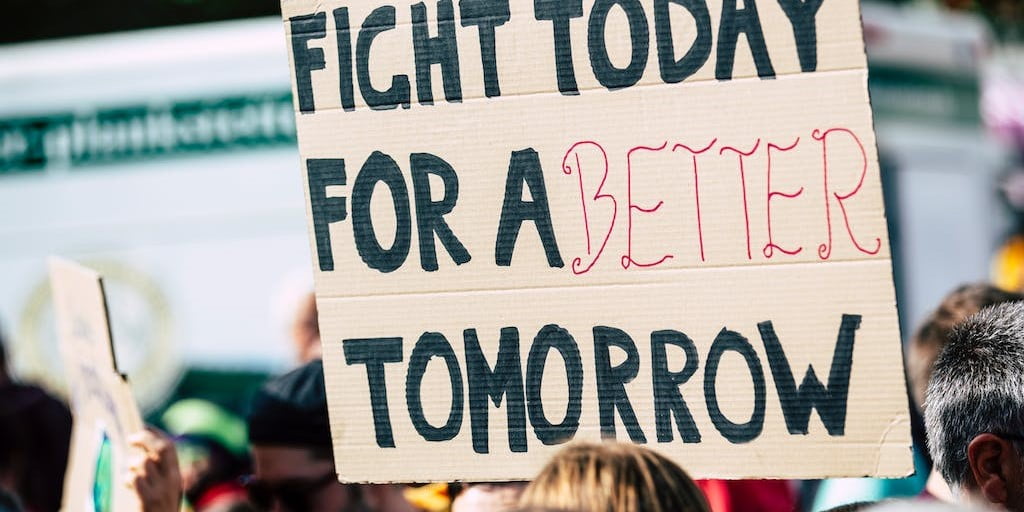When someone shares they have experienced sexual violence, we can respond by listening, showing belief, letting them know it wasn’t their fault, validating their feelings, and offering information, choice and control. Sexual violence can be difficult to talk about....
When someone shares they have experienced sexual violence, we can respond by listening, showing belief, letting them know it wasn’t their fault, validating their feelings, and offering information, choice and control.
 Photo provided by the Association of Alberta Sexual Assault Services.
Photo provided by the Association of Alberta Sexual Assault Services.
Sexual violence can be difficult to talk about. It can be hard to know what to say when someone tells us someone else harmed them using sexually violent behaviors.
A lot of the time, we don’t know how to respond because we want to say and do the right things. We don’t want to make things worse, and we really don’t want to cause more harm. Thankfully, no matter what our roles may be, we can provide a positive and compassionate response when someone tells us they have been sexually assaulted, abused or harassed. This response can make all the difference to their healing journey.
Listen
The most important and first thing we can do for someone is to listen. This means paying attention to them, and what they are telling us – and nothing else. It can be hard not to glance at our phones or start thinking about what we want to say in response, but it is important to stay as present as possible when someone is trusting us with such vulnerable information.
Show belief
One of the worries people have when they are thinking about disclosing is we won’t believe them. It is very rare for people to lie about sexual violence. Even if your role is an investigative one, you can show belief.
With a calm tone of acceptance, we can let people know we believe them. The following statements can demonstrate belief:
“I’m so glad you were able to tell me.” “I can see this has been hard to talk about, thank you for telling me.” “I appreciate what it takes to talk about something this difficult. Thank you for trusting me.”Again, even for those in investigative roles, these statements, and others like them, can convey belief while maintaining a neutral stance.
Let them know it’s not their fault
Another message we can deliver is that it is in no way their fault if someone else made the choice to harm them. We can say so with statements as simple as:
“It’s not your fault.” “It’s important for you to know this wasn’t your fault.” “Nothing you said or did or didn’t say or do caused this to happen.”There are a lot of misconceptions about sexual violence that can make it hard for someone to believe they did not do anything to cause someone else to use sexual violence against them. The words “It wasn’t your fault” can provide immense comfort.
Validate their feelings
Those who have experienced sexual violence can often find relief through the action of telling a trusted friend, family member, colleague or professional. This is why another important thing to do is validate how they are feeling.
People can have a wide range of emotional reactions to experiencing sexual violence, and they are all completely normal and valid. It can be confusing to the person experiencing them, especially if the emotions aren’t what they expected to be feeling. That is why words like “It makes sense that you are feeling that way”, or “It’s completely normal to feel like that” can feel so supportive.
Offer information, choice and control
When someone discloses they have had an experience of sexual violence, our desire to fix things can impel us to jump in and try to make things right. The best way we can do this is to offer as much information, choice and control as we can.
The information we provide can include where to go for further professional and confidential support. This is a great opportunity to pass along the information for your local sexual assault centre and the number for Alberta’s ONE LINE for Sexual Violence. You can also share what to expect if they report the incident to police – if that is something the person confiding in us wants to do.
Choice is vital for those whose ability to choose for themselves was taken away through an act of sexual violence.
When we let folks know their options for reporting and further support, it’s important to remember to lay out their options in an unbiased way. We must also let them choose what they would like to do, no matter what we think or feel about their decisions. Control over what comes next, and their decisions in each moment, can go a long way to restoring a sense of control over their life in general. In this way, they can reclaim control.
Help is available
When someone chooses us, either because of who we are, or the roles we occupy, to disclose that they were harmed by someone who used sexual violence, there are many ways we can respond positively and compassionately. By listening, showing belief, letting them know it wasn’t their fault, validating their feelings, and offering the trio of information, choice and control – we are showing up in the best possible way.
If you or someone you know would like to learn more, please visit the Association of Alberta Sexual Assault Service’s website and check out the valuable resources, including where to find help in Alberta, and how to register for First Responder to Sexual Assault and Abuse Training.
For support and information, please contact Alberta’s ONE LINE for Sexual Violence via call or text at 1-866-403-8000. The dedicated and highly trained professionals and volunteers on the line are happy to answer questions, provide support and referrals, and importantly, to just listen.
Looking for more information?
Sexual Violence: It’s prevalent and preventableDecember 20, 2023 Responding to Disclosures of Sexual Violence: How to respond positively and with compassionNovember 14, 2023 Beyond ‘High Conflict’: The need for domestic violence awareness and assessment in family law interventionsNovember 9, 2023Looking for articles like this one to be delivered right to your inbox? SUBSCRIBE NOW!
DISCLAIMER The information in this article was correct at time of publishing. The law may have changed since then. The views expressed in this article are those of the author and do not necessarily reflect the views of LawNow or the Centre for Public Legal Education Alberta.
The post Responding to Disclosures of Sexual Violence: How to respond positively and with compassion appeared first on LawNow Magazine.













